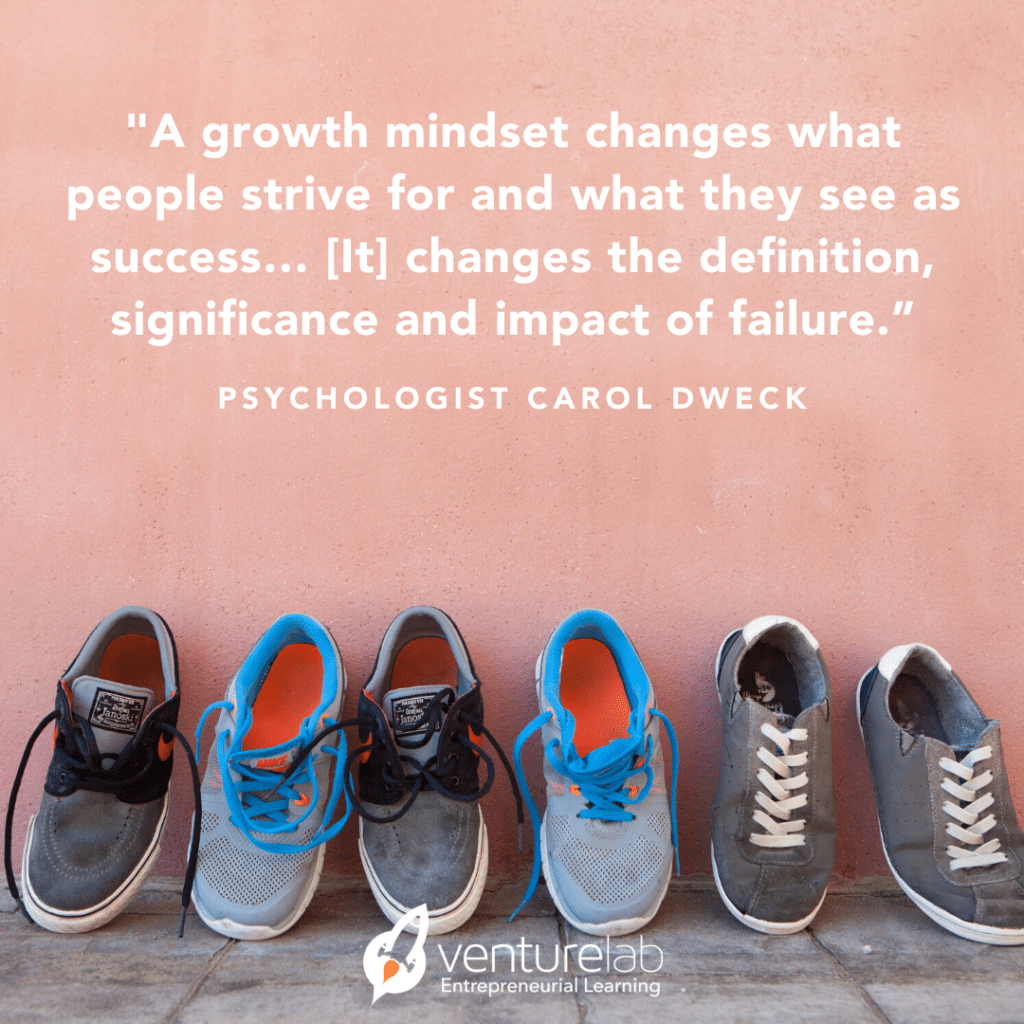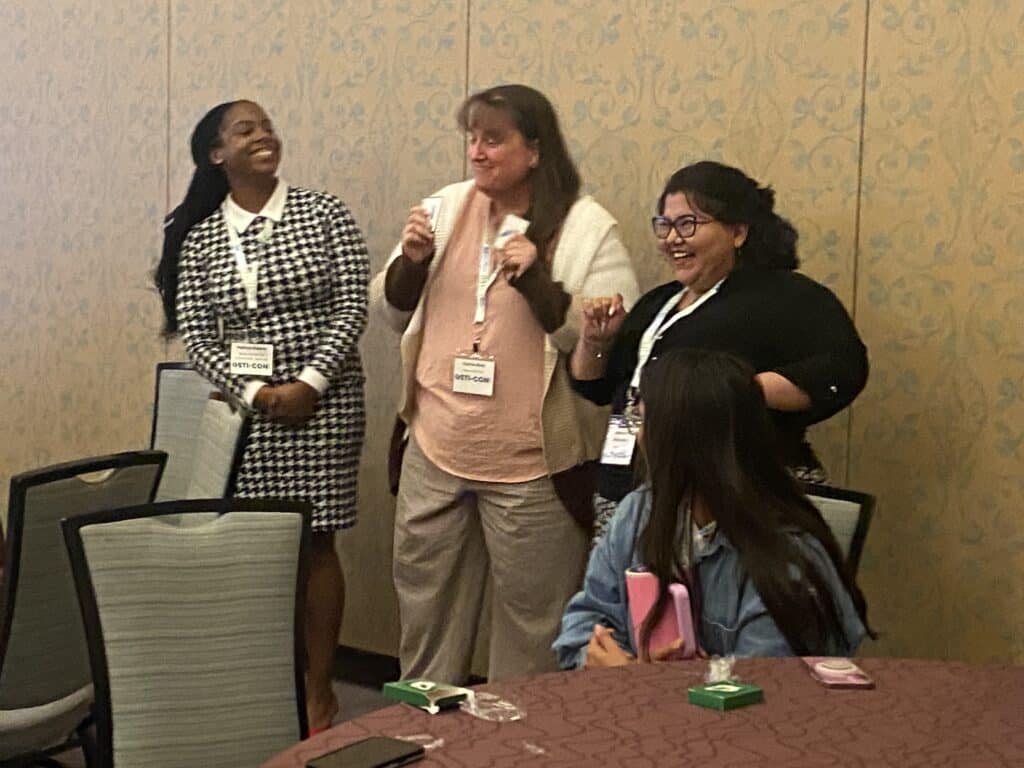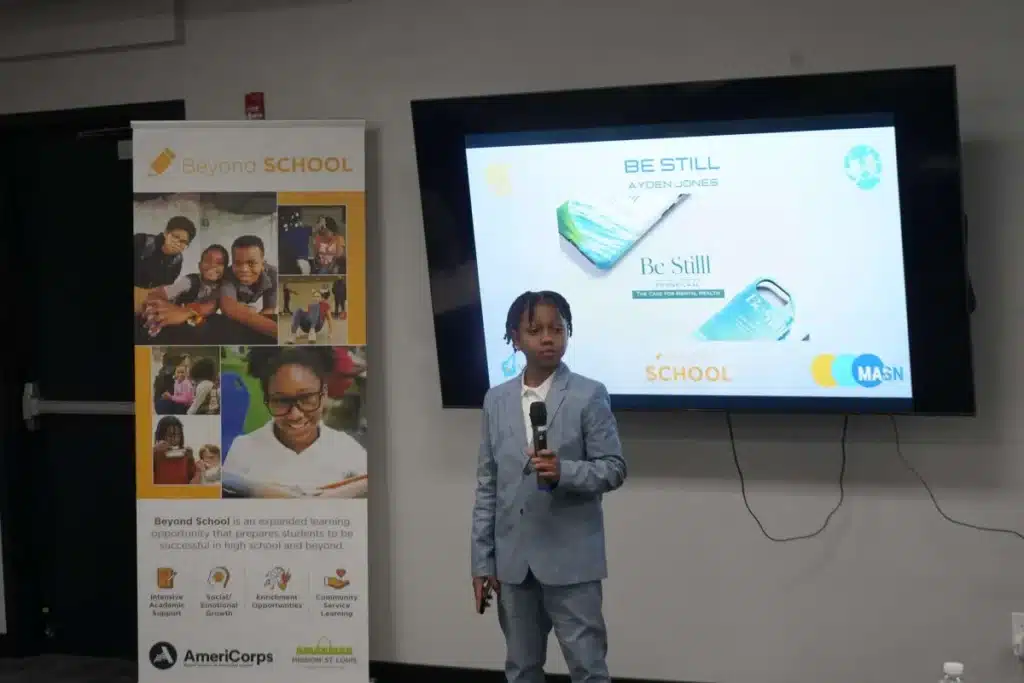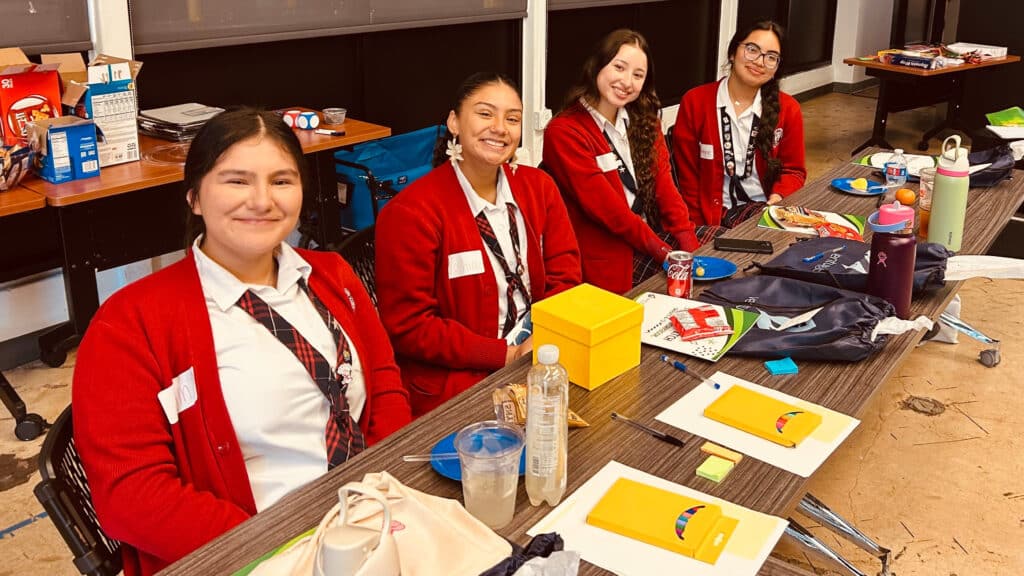Your brain can change. It can grow. It can form new neural pathways. You can develop new abilities to do things you never thought possible.
At VentureLab, we encourage children to banish any fear of failure, any lingering notions of their own “weaknesses,” any pessimistic preconceptions, and any subconscious limitations that hold them back. These are reasonable encouragements. After all, if you’re going to take on unfamiliar new projects, doesn’t it make sense that your brain needs to kick in with more brainpower?
It’s this growth mindset that the brilliant psychologist Carol Dweck has written about in her research into motivation, personality and development, and in her writings, such as in her book, Mindset: The New Psychology of Success. A growth mindset, she says, “changes what people strive for and what they see as success…. [It] changes the definition, significance and impact of failure.”
And it fosters a deep meaning for effort and diligence. Many children, unfortunately, continue to believe that their intelligence and abilities are fixed. They may think of themselves as “bad at math,” “not smart,” “terrible at chemistry”—and that such shortcomings are innate, unchangeable. Even children who believe that they are intelligent can become resigned to remaining poor at certain subjects. Lingering gender biases, such as the talking Barbie doll of the 1980s that purred, “Math class is tough!” have not helped impressionable young girls to think beyond these limiting preconceptions.
A growth mindset incorporates what neuroscientists tell us about the plasticity of our brains.
“Plasticity [is] an admittedly ugly term used to describe the very beautiful fact that the brain actually changes in response to its own experience,” says Dr. Eliot. “Our brains are fantastically capable of modifying themselves to the job at hand. Every physical feature of the human nervous system…responds to life experiences and is continually remodeled to adapt to them. Plasticity is the basis of all learning as well as the best hope for recovery after a brain injury. And in childhood, the brain is far more plastic, or malleable, than it is at any later stage of life—wiring itself in large measure according to the experiences in which it is immersed from prenatal life through adolescence. Simply put, your brain is what you do with it.”
In contrast, a fixed mindset is the antithesis of entrepreneurial education. It limits a child’s possibilities.
That brings us back to Carol Dweck and the notion of a growth mindset. In study after study, Dweck has provided results proving that children who understand that their brains can grow tend to develop a growth mindset. If you teach a child that they can strive to become smarter through hard work, then they are more likely to make that effort to grow their mind and to increase their knowledge and intelligence.
Want entrepreneurship resources and activities emailed to you each month? Join our monthly resource newsletter!




